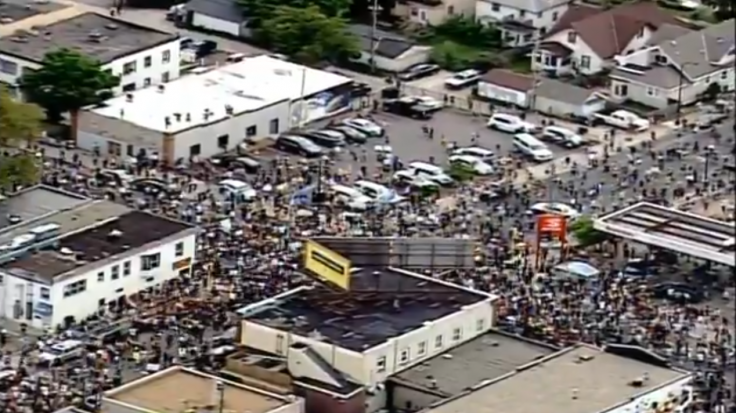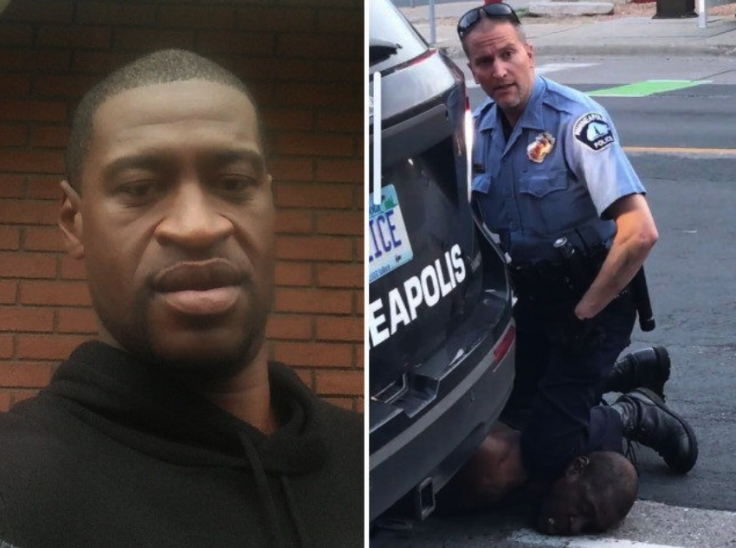U.S. President Donald Trump will not be invoking federal authority over the National Guard for the time being, National Security Advisor Robert O'Brien said on Sunday. The comments from O'Brien come as protests continued in multiple cities in the United States following the death of George Floyd was captured in a video being pinned down by a white police officer and later died.
The widespread protests on Saturday saw many states including Minneapolis, where the incident took place, imposing curfew to bring the situation under control. On Saturday night, not long after curfew was imposed in Minneapolis and St. Paul, Trump tweeted that the National Guard "has been released in Minneapolis" to do the job that the "Democrat Mayor" couldn't do.
O'Brian Clears the Air

Putting speculation over Trump's to rest, O'Brain on Sunday said that law and enforcement decisions should be vested with governors and mayors of respective states. "We're not going to federalize the Guard at this time. But, if necessary, we have further military assets that can be deployed ... if the governors and the mayors need it and they can't get control of the situation," Robert O'Brien said, as quoted by Reuters.
The National Security Guard separately said in a statement that it has deployed 5,000 of its soldiers and airmen in 15 states across the United States and Washington D.C. However, the final decision on law and enforcement continues to be the responsibility of local governments.
National Guard Ready to Handle Crisis

Although the National Guard has cleared that Trump won't be in invoking federal authority as of now, it is ready to handle any situation if crisis arises. The agency in the statement said that another 2,000 National Guard troops are on standby and ready to active if need arises.
Trump has earlier warned that the respective state and city authorities should employ tougher tactics while dealing with the nationwide riots or the federal government would use the "unlimited power of our military" and make "many arrests."
The U.S. National Guard was earlier federalized for the purposes of Washington's interventions abroad, including the 2003 Iraq War and the invasion of Afghanistan. At home, it was federalized in the aftermath of Hurricane Katrina back in 2005.








